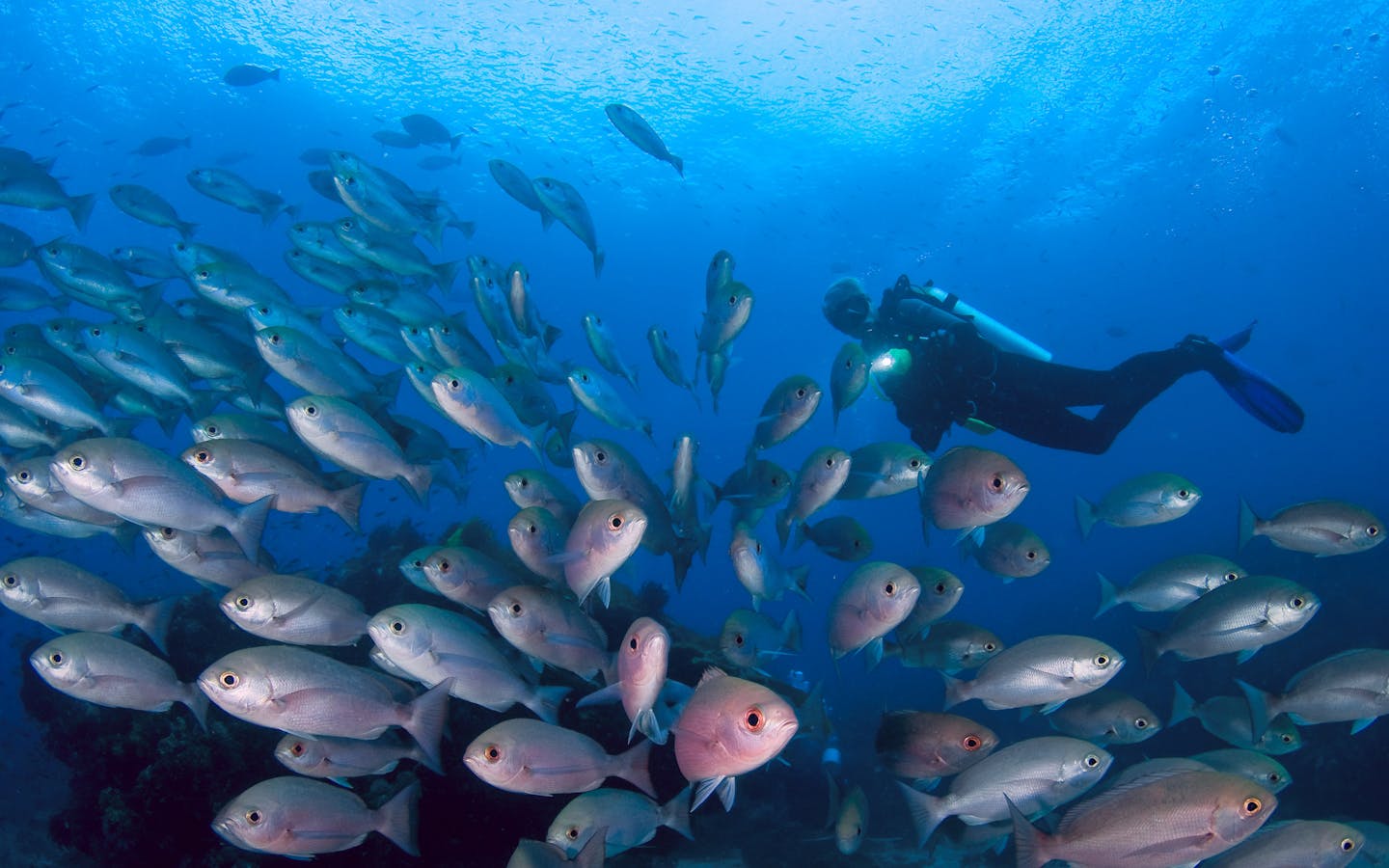Today’s global environmental challenges require breakthrough leadership.
Investing in emerging talent and the bold and life-changing ideas they generate are among the most important contributions we can make. Tom and I are delighted to establish the Friedman Fellowship Program for Science at Conservation International to support brilliant science minds as they pursue their dreams and find new solutions to these 21st-century challenges.Ann Friedman
Overview
Contact Info and Current Positions
For questions, please contact:
Kelsey Rosenbaum
Director of Global Exchanges + Technical Fellows Program
krosenbaum@conservation.org
(703) 341-2853
The Ann and Tom Friedman Fellows for Science Program recognizes and supports the key role that science plays in achieving Conservation International’s conservation goals. During the two-year program, the Friedman science fellows will have the opportunity to participate in a cohort program that will provide leadership training, site visits and mentoring. Supported by Conservation International’s vast network of staff and partners, they will effectively advance their research and its application on the ground in our priority regions around the world.
Conservation International is coming up with innovative ways to document and quantify the benefits of a healthy planet, and the Friedman fellows will contribute important scientific research to advance that work — and solve our greatest conservation challenges.
Current Fellows

Monica Noon
Decision Science & Natural Climate Solutions Fellow
Monica is dedicated to developing open-source geospatial solutions to monitor land degradation and support decision-making for natural climate solutions. Monica’s groundbreaking work to map irrecoverable carbon identified critical areas for protection to mitigate climate impacts by 2050. This work is instrumental in creating a sustainable future for our planet. Before joining Conservation International, Monica focused on water quality issues in the midwestern United States and served as an environmental Peace Corps Volunteer in Zambia. Her conservation journey began when managing a participatory forest management project, partnering with Indigenous peoples and local communities outside the Kasanka and Lavushi Manda National Parks in Zambia. Her diverse experiences continue to inform her current work, driving impactful change for our planet’s future.

